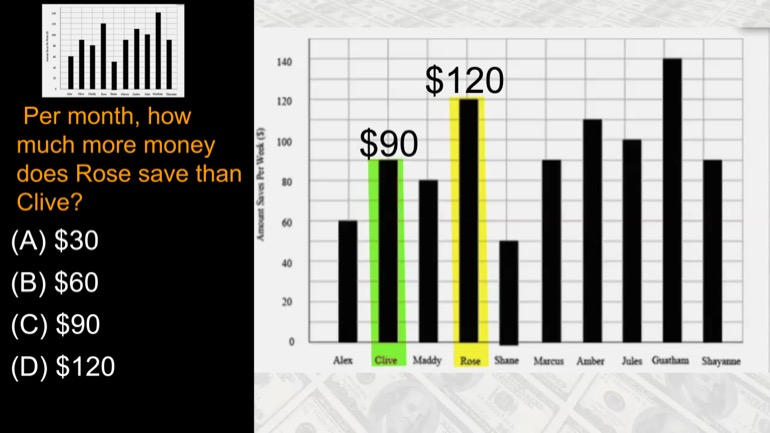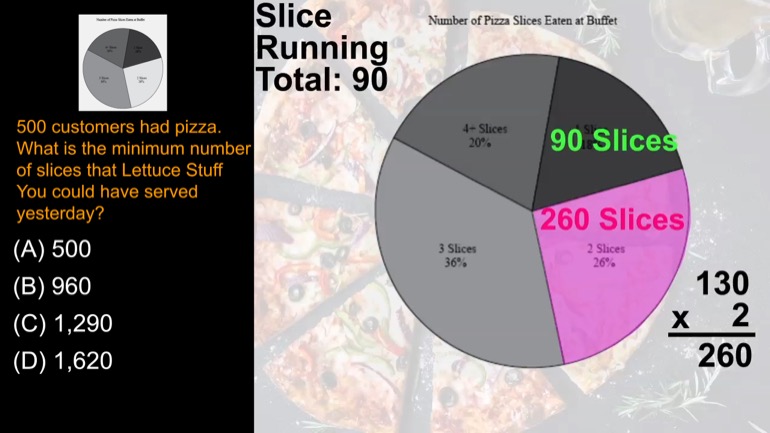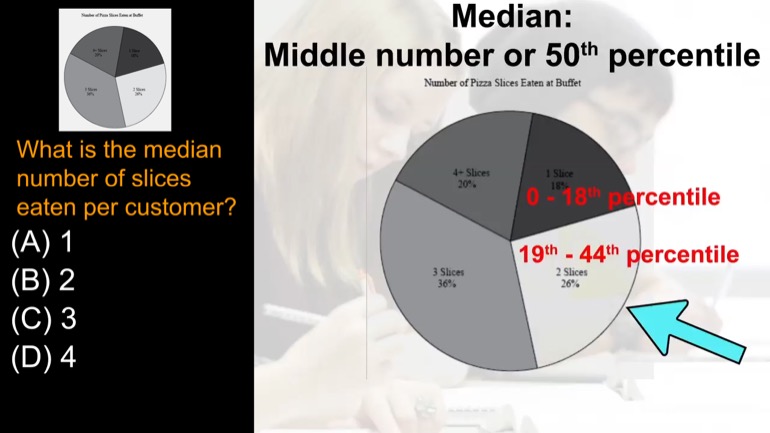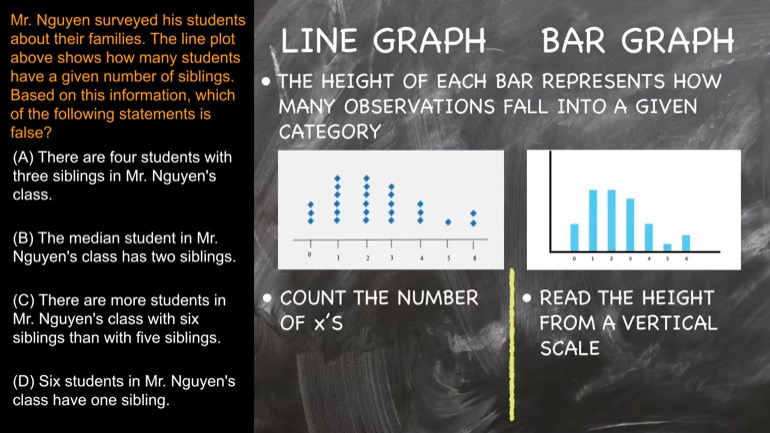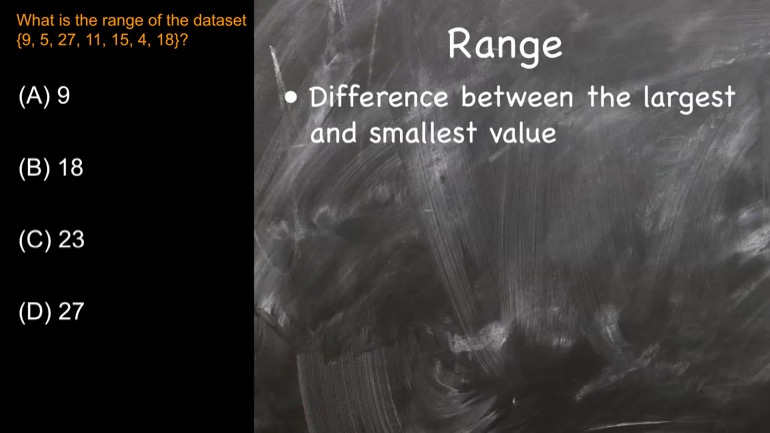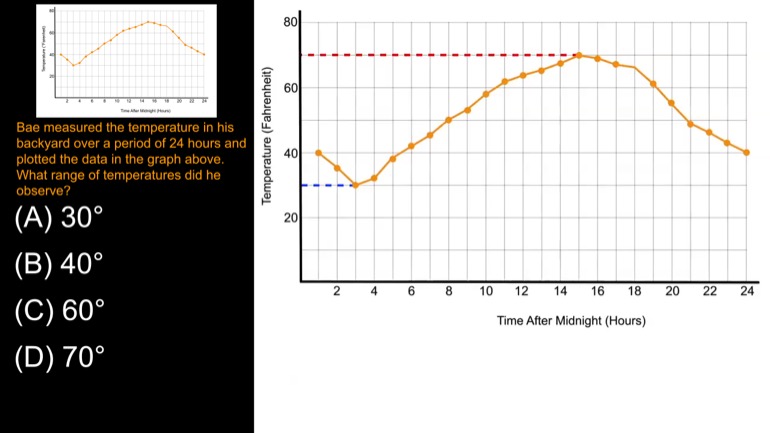ShmoopTube
Where Monty Python meets your 10th grade teacher.
Search Thousands of Shmoop Videos
Main Idea and Supporting Details Videos 20 videos
Dogs have the ability to "read" human emotions. For example, dogs have been shown to discriminate between humans who approach in a friendly manner...
Samuel Hahnemann, a German physician and the founder of homeopathy, began as a village doctor and quickly became dissatisfied with how medicine was...
Jefferson Davis was an unusual man. During a long and frequently tragic life, his favorite job, according to his wife Varina, was serving as a U.S....
TSI Reading: Understanding Details in a Sentence 6 Views
Share It!
Description:
Upon reaching the New World, Christopher Columbus was one of the first Europeans to encounter the fruits of the Capsicum species, calling them "peppers" because they had a spicy, hot taste unlike anything else in Europe at the time. Shortly after, chili peppers were added to dishes prepared in Spain and Portugal, and their culinary use soon spread across Europe and into Asia. Knowledge of the significance of chili peppers in earlier times is limited.
Columbus called fruits of the Capsicum species "peppers" because
(A)he knew they would be added to many dishes in the future
(B)the name was easier to pronounce
(C)he thought the name would appeal to the Spanish and Portuguese
(D)they had a unique spicy flavor
Transcript
- 00:02
Okay see reading shmoop er's We got another block of
- 00:05
five paragraphs here let's Just get to him All right
- 00:07
We're gonna go to the question First Columbus called fruits
- 00:10
of the capsicum species peppers because why All right let's
- 00:17
go skin the paragraph here and say we're gonna figure
Full Transcript
- 00:19
it out upon reaching the new world Chris for club
- 00:21
is one of the first european to encounter the fruits
- 00:22
of the caps come species calling them peppers because that
- 00:25
a spicy hot taste unlike anything else Okay we don't
- 00:28
need to read any further just says they call them
- 00:31
peppers because they had a spicy hot taste unlike anything
- 00:35
else that's it they just answer the question right there
- 00:37
People weaken Stop reading it's right there It's d all
- 00:40
right let's go through loser bowl here and everything else
- 00:43
watch let's just think about this Columbus chose the name
- 00:46
pepper to describe the food's flavor but he probably said
- 00:48
it more like a deputy you know that's a spicy
- 00:51
pepper putting all right We're done with our italian here
- 00:54
but that's probably how we talk to you because we
- 00:56
have video cameras there and we know these things that
- 00:58
come up So the loser ball yeah we're can knock
- 01:00
off pretty much everything else here pretty easily Although peppers
- 01:03
would be added too many dishes in the future Well
- 01:05
that wasn't the reason why columbus chose the name peppers
- 01:08
definitely easier to pronounce and capsa come But this didn't
- 01:11
necessarily have anything to do with the naming decision And
- 01:14
finally appealing to the spanish and portuguese was very important
- 01:17
to columbus after all that's where he got his money
- 01:20
But the passage never says that he was aiming to
- 01:22
please with the name pepper So that's it it's d
- 01:24
They had a unique spicy flavor and we're going to 00:01:27.454 --> [endTime] go have some fun
Related Videos
Dogs have the ability to "read" human emotions. For example, dogs have been shown to discriminate between humans who approach in a friendly manner...
Samuel Hahnemann, a German physician and the founder of homeopathy, began as a village doctor and quickly became dissatisfied with how medicine was...
Jefferson Davis was an unusual man. During a long and frequently tragic life, his favorite job, according to his wife Varina, was serving as a U.S....
Stephen Mitchell suffered from allergies. A thirty-five-year-old professor at Syracuse University, he found sanctuary in the temperature-controlled...
The Landsat Program provides the longest continuous space-based record of Earth's land in existence. Since 1972, Landsat satellites have collected...








